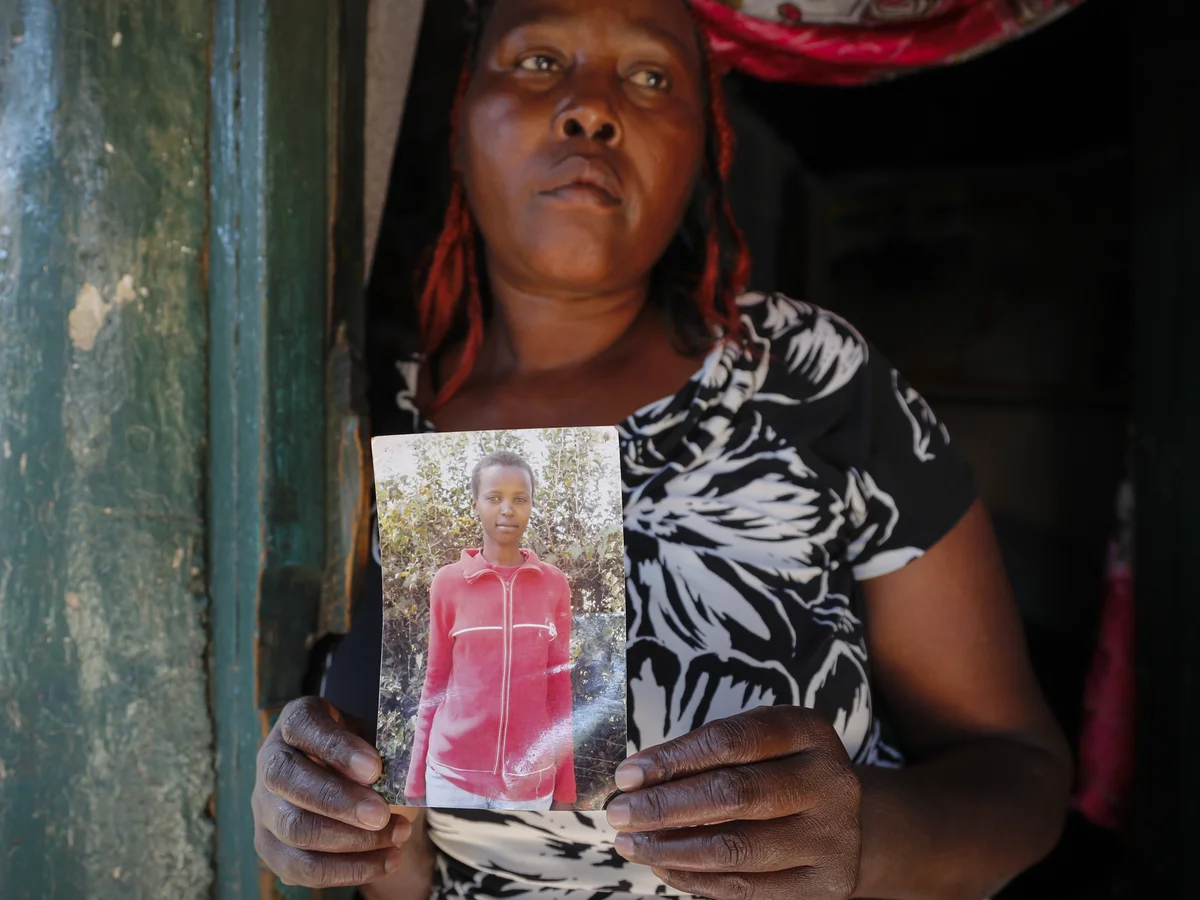
A Nairobi High Court has issued an arrest warrant for a British citizen in connection with the decade-old killing of Agnes Wanjiru, a 21-year-old Kenyan mother whose body was discovered in a septic tank in Nanyuki in 2012.
Justice Alexander Muteti ruled that there was “probable cause” to order the suspect’s arrest and surrender for trial in Kenya, directing that the accused—“a citizen and resident of the United Kingdom”—face justice in Nairobi.
Wanjiru’s death, long shrouded in controversy, has been linked to British soldiers stationed in Kenya.
She was last seen partying with members of the British Army at a Nanyuki hotel before her body was found near the town, home to the British Army Training Unit Kenya (BATUK).
Kenya’s Office of the Director of Public Prosecutions (ODPP) said evidence directly connects the suspect to the killing and confirmed that extradition proceedings will now be launched. “Extradition proceedings would now be initiated to ensure the suspect is brought before a Kenyan court,” the ODPP said in a statement posted on X.
Wanjiru’s sister, Rose Wanyua Wanjiku, welcomed the breakthrough after years of frustration. “As a family we are very happy because it has been many years, but now we can see a step has been made. Let justice prevail,” she told AFP.
The case resurfaced in 2021, when The Sunday Times reported that a British soldier had confessed to fellow troops that he killed Wanjiru and even showed them her body.
The alleged admission, according to the report, was passed to military superiors, but no action followed.
A Kenyan investigation formally opened in 2019 has made little progress until now. Earlier this year, UK Defence Secretary John Healey met Wanjiru’s family, pledging to “accelerate progress” in resolving the case.
The murder has strained Kenya-UK relations, particularly over jurisdiction disputes involving British soldiers in Kenya.
London has previously argued that Kenyan courts lack jurisdiction over its troops stationed abroad.
Britain has maintained a permanent garrison in Nanyuki since independence in 1963. While the base provides significant economic benefits to the local community, it has also faced recurring allegations of misconduct by soldiers, leaving a legacy of tension alongside cooperation.



